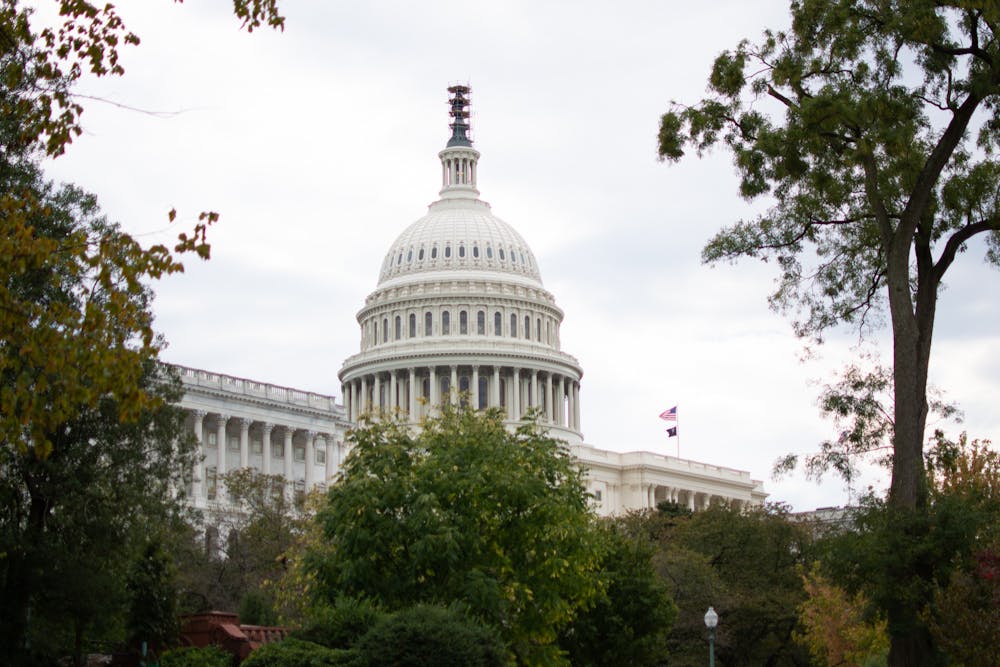The two frontrunners for the upcoming presidential election are Donald Trump, 77, and President Joe Biden, 80 — who is also the oldest president who has ever held office. You can’t age out of running for office, but the ages of our top candidates, coupled with the death of Sen. Dianne Feinstein in September, may cause concern in some Americans' eyes.
The current U.S. Congress is, by average age, one of the oldest in the nation's history. As of January's inaugurations, the average age in the Senate was 63.9 and the average in the House of Representatives was 57.5. Our elected legislators are not getting any younger, potentially causing concerns about the limits one has for serving in elected office.
Take Sen. Mitch McConnell, 81, who went viral in July after freezing during a press conference, and then went viral for freezing again in August. Or the late Feinstein, who served until she was 90, who was seen seemingly confused about what she was voting for on the Senate floor.
This is not to say age and seniority don’t come with experience. These politicians have seen a lot and, for better or worse, are still in Congress for a reason: most of their constituents still want them.
There appears to be incentives to stick around: for senators and House Democrats, seniority is apparently rewarded with "power," according to data analyst Walt Hickey. The longer a member of Congress stays in office, the more capital they gain to beat primary opponents and retain their seats. Specifically in the House, older representatives are also more likely to survive redistricting.
However, there comes a point where long-term experience is compromised by the issues that come with age. This has led to conversations about politician age limits and competency tests. According to Pew Research Center data, 79 percent of Americans want maximum age limits on politicians. This may reflect a greater public concern for the capabilities of older politicians to lead.
An aging Congress may also find it hard to understand and relate to issues affecting younger generations while making decisions that will affect young people long after they are gone.
For example, when the then-CEOs of Google, Facebook and Twitter testified before Congress in 2021, our politicians appeared visibly confused. It would be difficult to regulate these big tech companies without being knowledgeable about their roles and interactions with Americans.
Elected politicians should be held to the same expectations as the rest of us — the average retirement age in the U.S. is about 64, and more than half of our senators exceed this age. This should not be the case, and isn't normal in most jobs.




